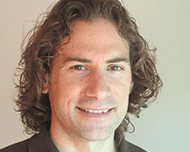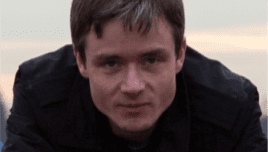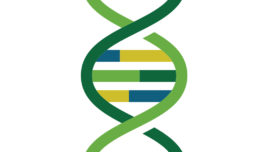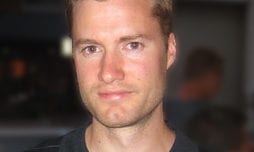Meet the Trainee Leader, Gorka Alkorta-Aranburu, PhD
TDC member Julie Jurgens interviews Gorka Alkorta-Aranburu, PhD, Trainee Representative to the ASHG Board of Directors. February 2016 ASHG: Tell us about yourself. Dr. Alkorta-Aranburu: I received my Bachelor’s degree in Biochemistry and Molecular Biology at the University of the Basque Country in Bilbao, Spain, where I was first introduced to genetics. As my ultimate... Read More




